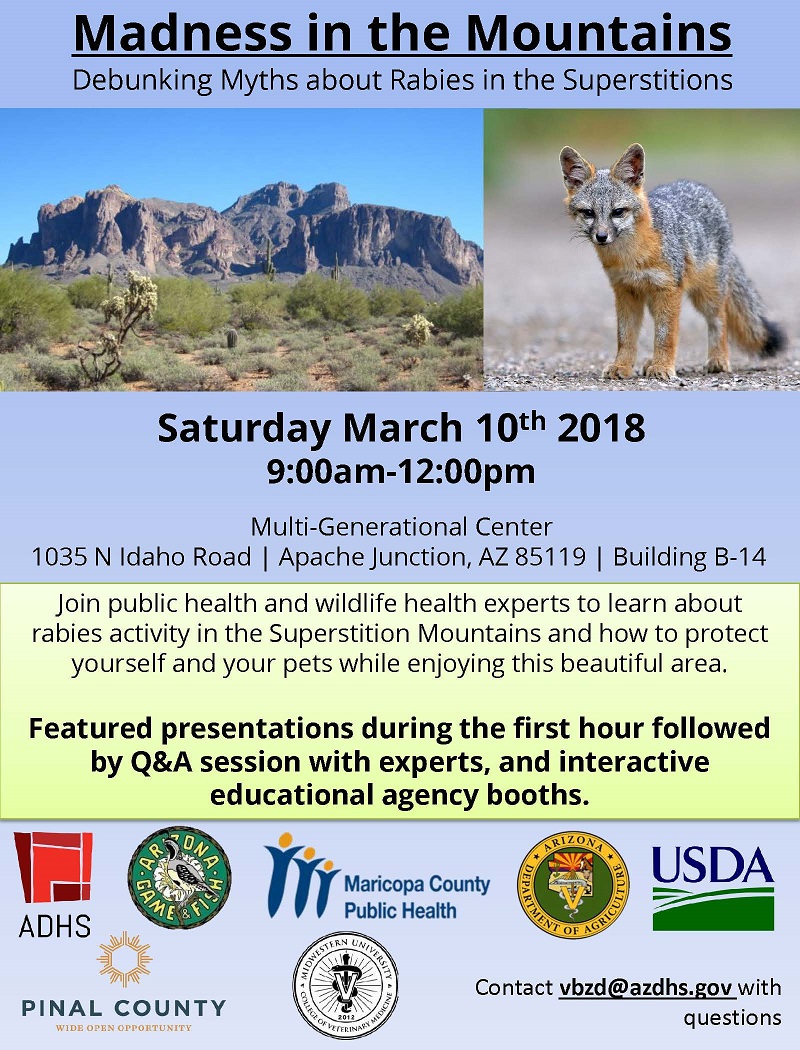In the last several years electronic cigarettes have gained popularity, especially among youth, as a “safe” alternative to traditional cigarettes. A recent report from the CDC showed that while youth smoking rates are decreasing nationwide and in Arizona, there has been a significant rise in the use of e-cigarettes. The report showed that the rise in use of e-cigarettes is directly proportional to the advertising of these products to youth.
We have always been on the cutting edge with our public education efforts to educate the public about the dangers of tobacco, and an upcoming campaign we are launching this fall will take on the rise in e-cigarettes use among youth in our State. E-cigarettes are marketed as a “safer” alternative to traditional cigarettes because they’re advertised as a water vapor based product that comes in several flavors, where you can control the amount of nicotine you inhale. But none of this is true.
The “vape” is actually an aerosol made of dangerous chemicals that are masked with artificial flavors. In most cases the levels of nicotine in e-cigarettes can be dramatically higher than a traditional cigarette. Nicotine is a highly addictive and dangerous substance, and there is no safe level for youth.
Our first step in developing our new public awareness campaign was to talk with Arizona youth about their use of e-cigarettes and perceptions about the products. We met with youth in several areas of the state, and we found that popularity of e-cigarettes is very high. Even more concerning than the popularity of e-cigarettes, is the fact that most youth believe the products to be safe. The good news is that many of the kids we talked to have a negative view of cigarettes and understand the long-term dangers of tobacco.
Our youth prevention efforts during the last several years have laid a great foundation for this upcoming campaign where we will teach our state’s youth that e-cigarettes are not a safe alternative to cigarettes, and that there is no safe level of nicotine. Stay tuned for our new campaign that will address this critical public health issue.












Good! While there truly are far less carcinogens in e-cigarettes, they aren’t truly harmless. Hope you spread the information among the public and most importantly, warn young potential smokers of the risk they are about to take.